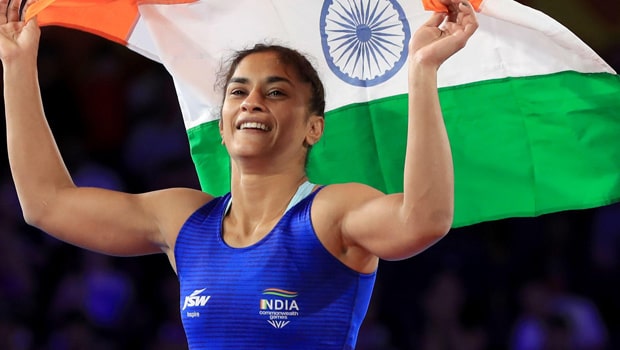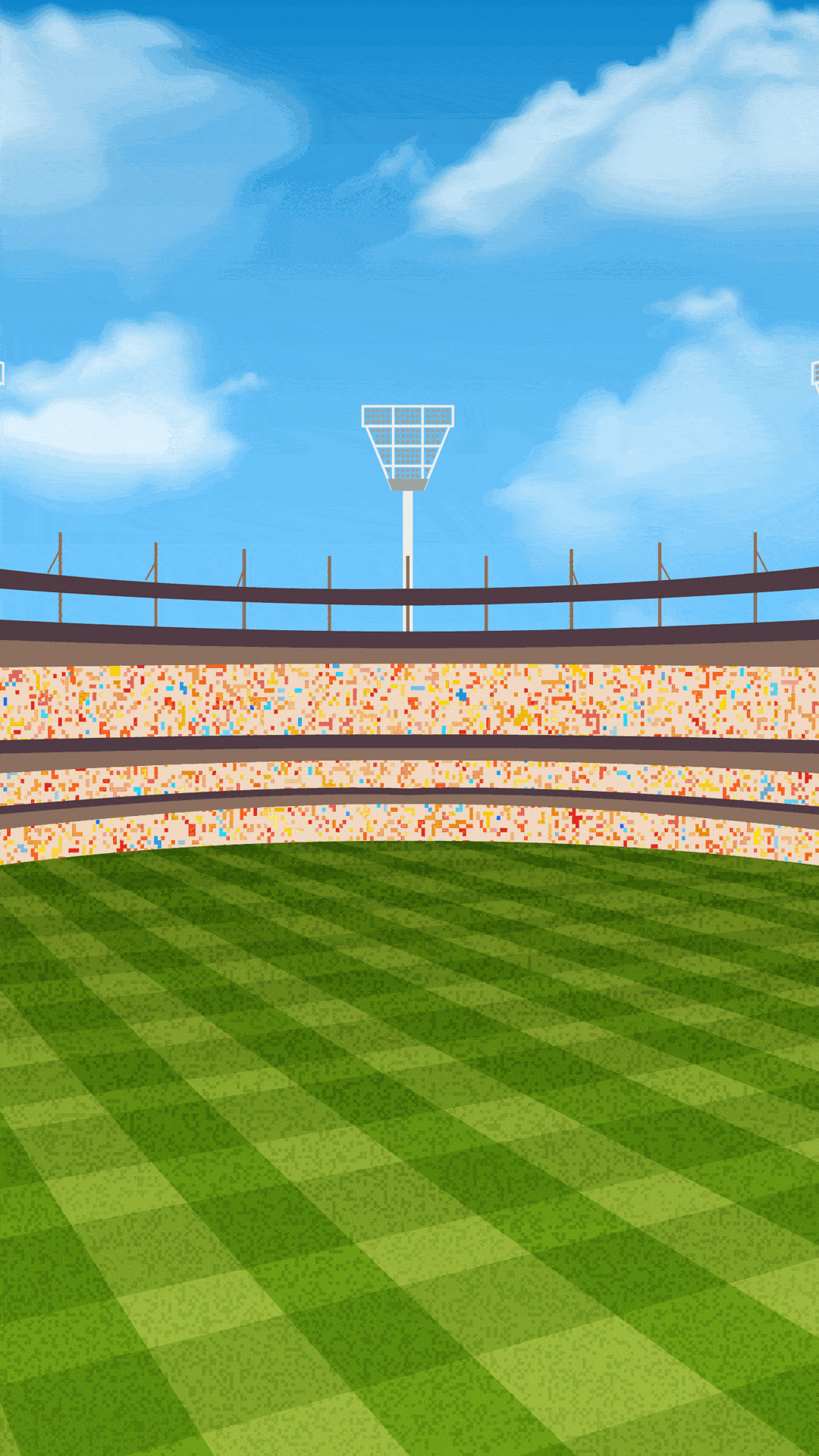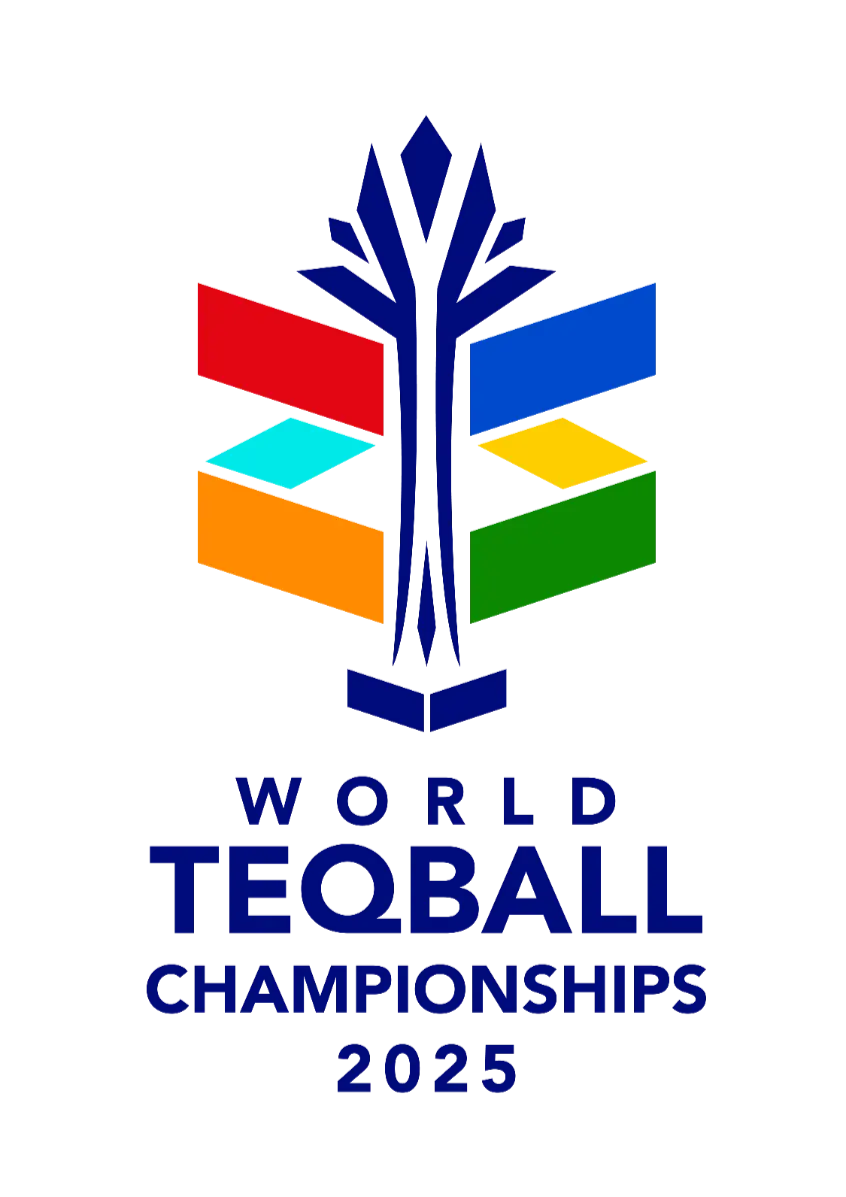Vinesh Phogat’s appeal against her disqualification from the Paris Olympics is set for resolution as the Court of Arbitration for Sport (CAS) prepares to deliver its verdict. The Indian wrestler was disqualified for missing the weight cut by a mere 100 grams, barring her from competing in the gold medal bout in the women’s 50kg freestyle event.
Phogat’s journey at the Paris Olympics started with a remarkable victory over Japan’s Yui Susaki, a renowned figure in women’s wrestling. Her impressive performance positioned her as a strong contender for the gold medal.
However, her Olympic dreams were dashed when she was disqualified from the final match against the eventual gold medalist, Sarah Hildebrandt of the United States, after exceeding the weight limit during the morning weigh-in.
Phogat contested the decision by the United World Wrestling (UWW), arguing that she should be awarded a joint silver medal with Cuban wrestler Yusneylis Guzman Lopez. Guzman Lopez had been promoted to the final following Phogat’s disqualification. The Indian wrestler’s appeal, supported by a team of experienced lawyers, was heard by CAS, with the verdict expected soon.
Vinesh Phogat’s legal battle has been supported by a robust team of lawyers, including French attorneys Joelle Monlouis, Estelle Ivanova, Habbine Estelle Kim, and Charles Amson, who have been assisting her pro bono through the Paris Bar. Additionally, senior Indian counsels Harish Salve and Vidushpat Singhania have lent their expertise to the case.
Phogat’s case has garnered significant international attention and support, with many sporting icons voicing their backing for the 29-year-old wrestler. Despite announcing her retirement shortly after the disqualification, Phogat continues to fight for justice, seeking to rectify the situation for herself and other athletes who may face similar challenges.
The disqualification has sparked debate about the responsibility of weight management in sports like wrestling, weightlifting, boxing, and judo. The Indian Olympic Association (IOA) president, PT Usha, defended the organization’s medical team, particularly Chief Medical Officer Dr. Dinshaw Pardiwala, against criticism related to the incident.
Usha emphasized that weight management is primarily the responsibility of the athletes and their personal coaches, not the IOA-appointed medical staff. “The responsibility of weight management of athletes in sports like wrestling, weightlifting, boxing, and judo is that of each athlete and his or her coach and NOT that of the IOA-appointed Chief Medical Officer Dr. Dinshaw Pardiwala and his team,” she stated.
She also clarified the role of the IOA medical team, explaining that they were appointed primarily to assist in the recovery and injury management of athletes and to support those without their own team of nutritionists and physiotherapists.
The outcome of Phogat’s appeal holds significant implications for the future of weight management protocols and the role of medical teams in supporting athletes at international events.
As the sporting world awaits the CAS verdict, the situation highlights the need for clarity and fairness in the rules governing weight classes and the importance of athlete support networks. Phogat’s case serves as a reminder of the pressures faced by elite athletes and the fine margins that can determine the outcome of their sporting careers.

























